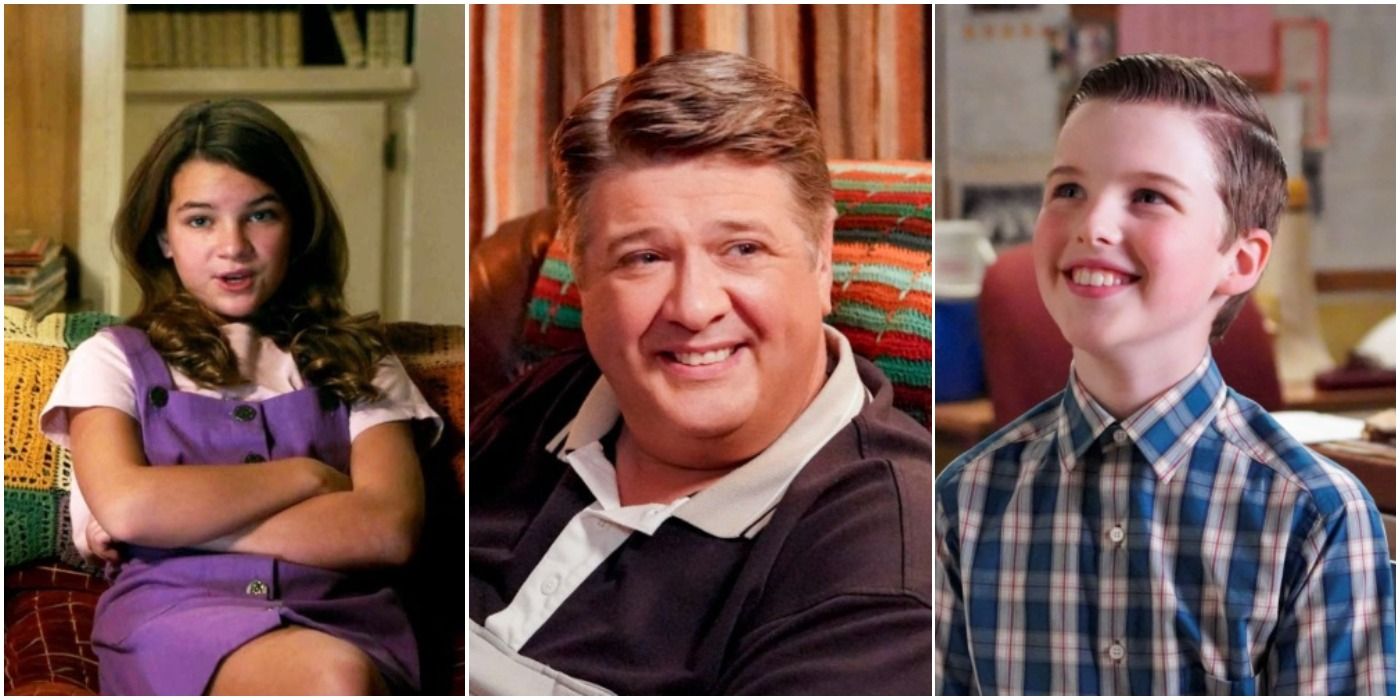
Despite being a long-running show with consistently high views, The Big Bang Theory has been somewhat contentious. Many viewers take issues with its writing, humor, or characters. Some audiences were wary when the prequel series, Young Sheldon, was announced.
Despite this, Young Sheldon has proved to be successful and is often better-received than its parent show. Young Sheldon has managed to find its audience and consistently entertains critics. Some elements have elevated Young Sheldon, and many fans believe the prequel is better than The Big Bang Theory.
9 A Proper Look At George Cooper
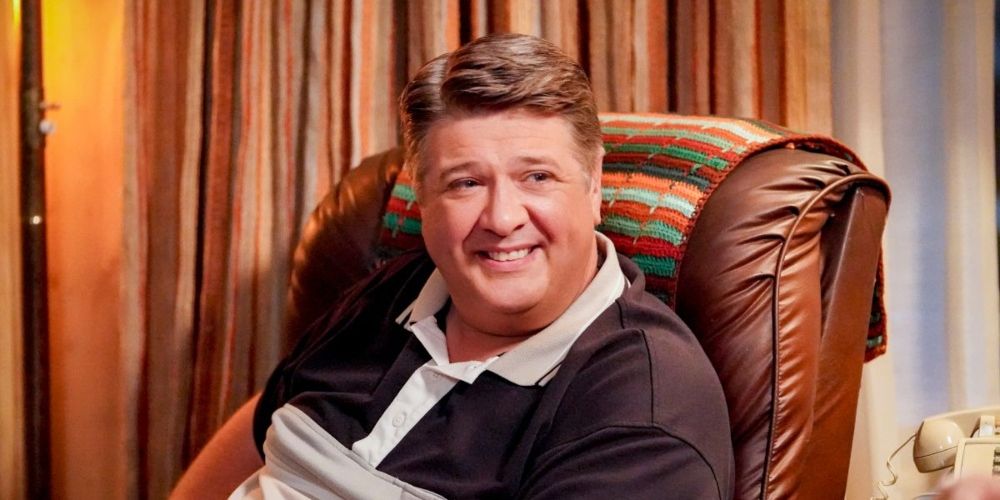
In The Big Bang Theory, Sheldon's late father George Cooper is mentioned infrequently. He is only known for his heavy drinking and his adultery. Although Sheldon loves him, The Big Bang Theory gives the impression that George Sr. was never a particularly good father.
Being one of the main characters of Young Sheldon, George gets far more focus. Viewers get to see a fleshed-out character. Although he is undeniably flawed - especially with episodes hinting at his future affair - he is a sympathetic character who loves his family. George is one of the most popular characters in Young Sheldon.
8 No Laugh Track Or Studio Audience
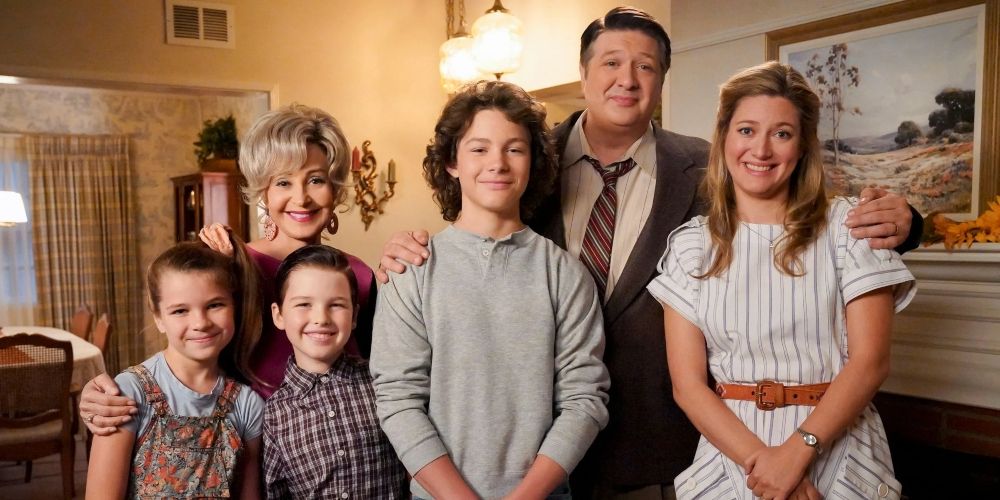
Sitcoms with laugh tracks or audience applause have begun to fall out of style. Many viewers find these elements detract from the experience, and mock the unnatural pauses and behavior they require from characters. The Big Bang Theory has been especially criticized for its overzealous laugh track.
With its shift away from The Big Bang Theory's style of filmmaking, Young Sheldon doesn't use a studio audience or a laugh track. Instead, the jokes fly and the audience can decide which jokes to laugh at.
7 The Chance To See Sheldon Grow And Develop
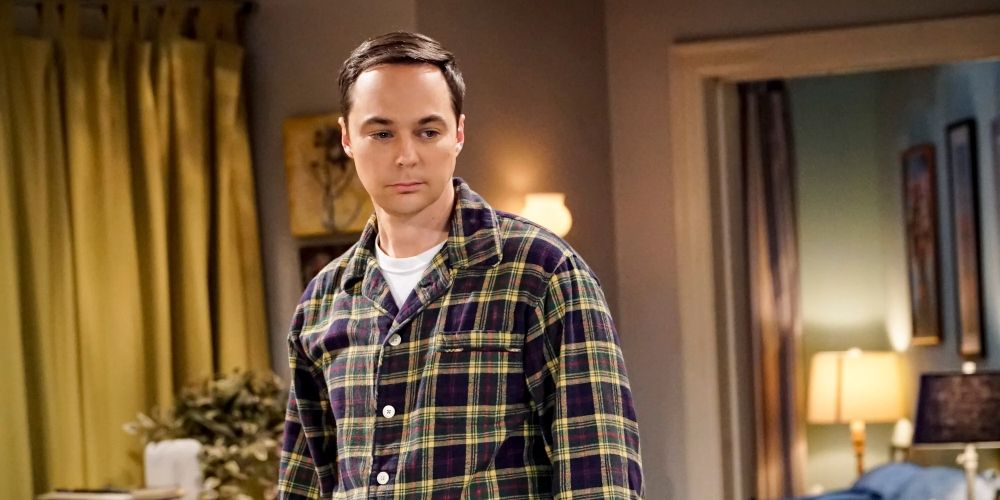
Although the focus of Young Sheldon is on the childhood and adolescence of Sheldon Cooper, his older self features prominently as the narrator. Much of the character development happens to his child self and his family, but there are mentions of Sheldon's changing behavior in the 'present day' of The Big Bang Theory. As Young Sheldon continues, fans are left with a better understanding of who Sheldon is at his core.
Sheldon spent most of The Big Bang Theory as blind to social norms. Many fans enjoy seeing Sheldon develop into a kinder, more reasonable person. He becomes a better partner to Amy Farrah Fowler and a good father in his own right.
6 Missy And Georgie's Characterizations
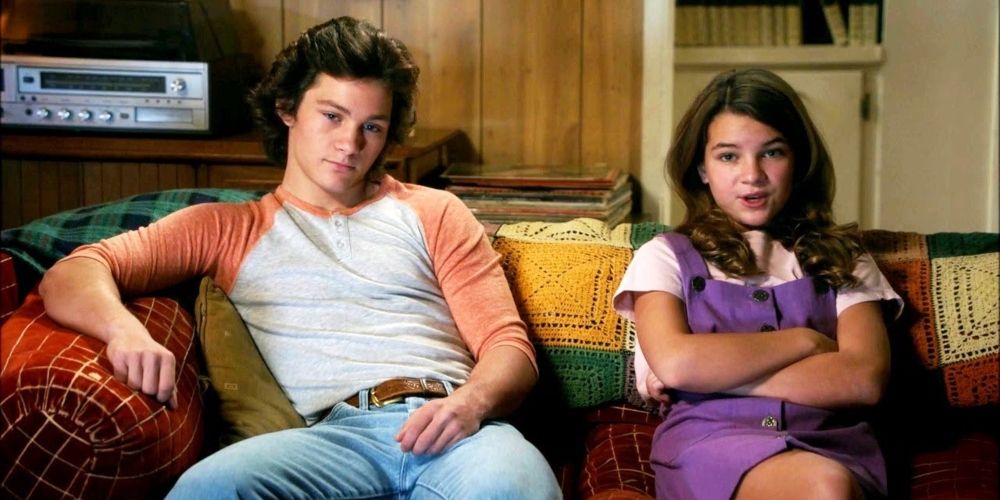
Missy and Georgie Cooper are rarely seen in The Big Bang Theory, although they both make appearances. Usually, they are just mentioned in passing. The Big Bang Theory depicts them as less intelligent than Sheldon, less responsible, and resentful of the focus their family - especially their mother - gives him.
Young Sheldon makes Missy and Georgie main characters and fleshes out their personalities. Giving them each interesting and sympathetic traits, and their own story, makes the pair feel far more real. Georgie's characterization is so well-received that it even bled over into his appearance on The Big Bang Theory.
5 Seeing Jokes Expanded On
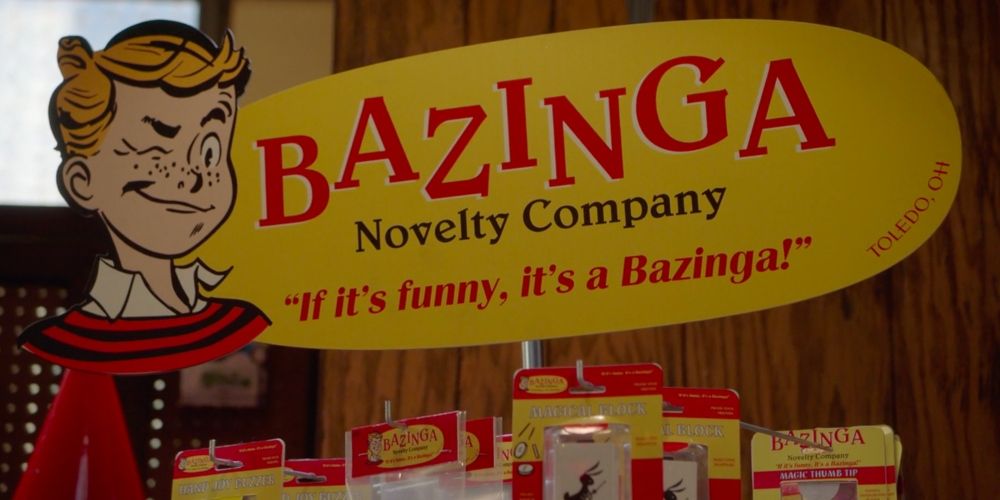
Sheldon's early years were constant fodder for throwaway jokes in The Big Bang Theory. Jokes included Sheldon attending college at a young age and being tormented by Billy Sparks and his chickens. Young Sheldon thrusts that era to the forefront, explaining many of the jokes from its parent show. Sheldon's infamous "Bazinga!" catchphrase was coined as his younger self purchases some practical jokes from Bazinga Novelties. Sheldon frequently exclaims ''Bazinga!" in The Big Bang Theory after making a joke.
4 A More Nuanced Look At Mary Cooper
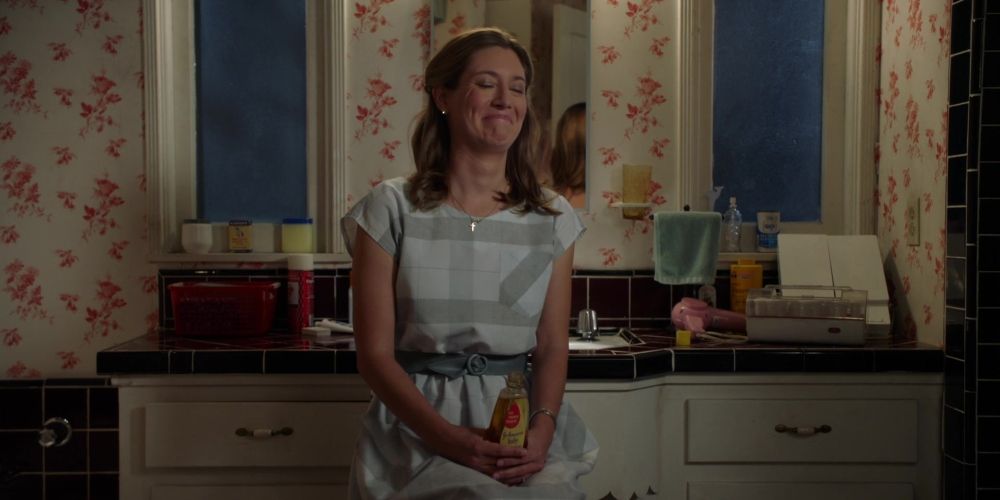
Sheldon's mother Mary is a guest character in The Big Bang Theory, with several appearances to her name. She is portrayed as a three-dimensional but somewhat static character. She's a caring mother who is frequently exasperated by all of her children. Mary is a staunch religious fundamentalist and is frequently politically incorrect.
RELATED: The Big Bang Theory: Every Main Character's Age
Young Sheldon shows her as a more fluid character, particularly regarding family dynamics. She undergoes plenty of development. Even if fan opinion about her is torn, many are still happy to see her treated as a person in her own right and less of an attachment to Sheldon.
3 Young Sheldon's Dramedy Tone
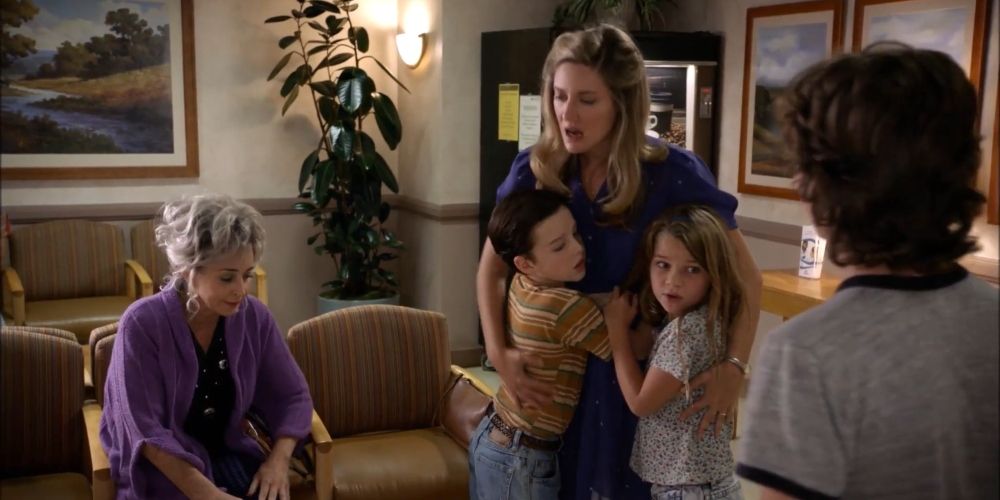
The Big Bang Theory is a classic sitcom, using many conventions of the genre. Plotlines progressed relatively slowly, each episode featured its own standalone stories, and things were almost entirely played for laughs - despite some occasional dramatic episodes.
Rather than adopt its parent show's tone, Young Sheldon is more of a dramedy. Although still a sitcom, it makes use of more drama, several ongoing plotlines that span multiple episodes, and a large amount of character development. Many find the tone better than The Big Bang Theory's, and appreciate the more serious approach to storytelling.
2 A Higher Level Of Relatability
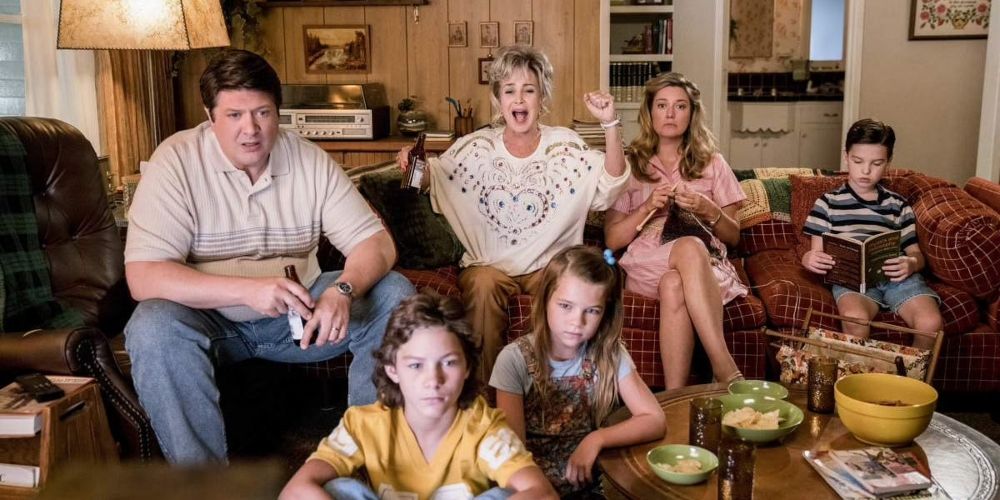
The core premise of The Big Bang Theory was that many of its cast were unusual and hard to relate to. Although, the characters did become more sympathetic and relatable over time.
On the other hand, Young Sheldon tells of a relatable and balanced cast of characters in a typical family dynamic. Sheldon is the only poorly-adjusted super-genius in the cast, but everyone aims to learn how to live alongside him. The result is a show that is much more relatable to many audiences, particularly with its plotlines about flawed family dynamics.
1 A Balanced Depiction Of Sheldon Cooper
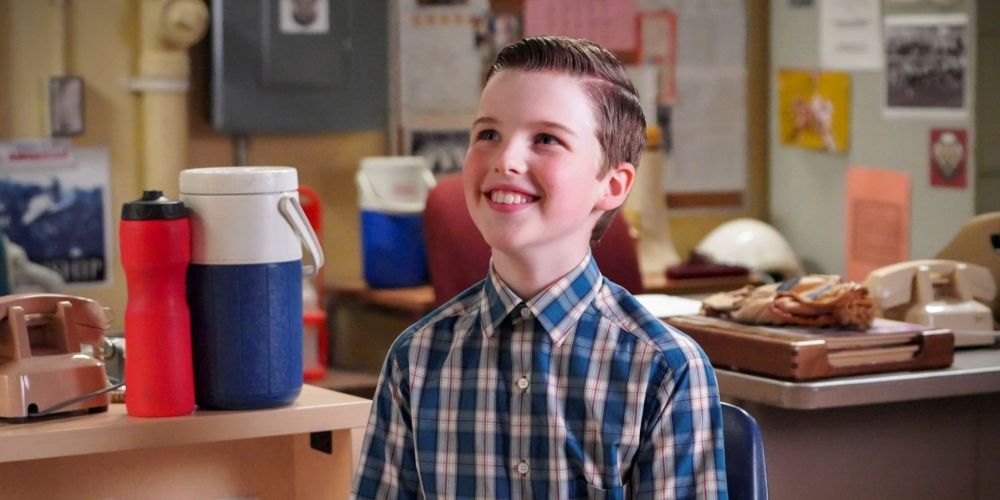
There is no denying that Sheldon Cooper is one of the most iconic television characters of recent years, and is instantly recognizable. For much of his time on screen, he was presented as an often-antagonistic character in an ensemble, one noted for being annoying and unreasonable.
In Young Sheldon, with Sheldon serving as the main focal point, there is a shift in his characterization. Although he is still shown as difficult, Young Sheldon showcases his point of view. This allowed viewers to see that he is well-meaning and genuinely sympathetic. These traits were often lacking in The Big Bang Theory.
Source: Trendz OH
No comments:
Post a Comment